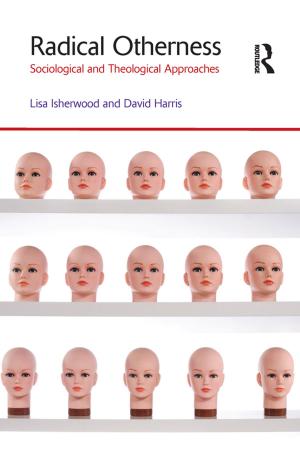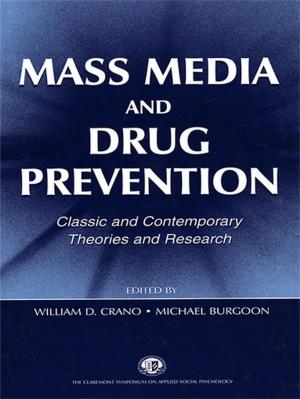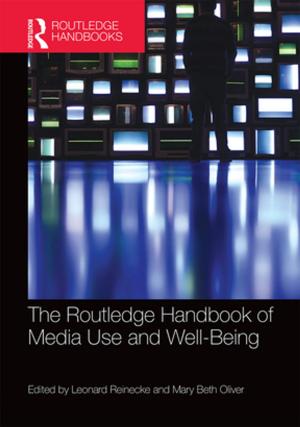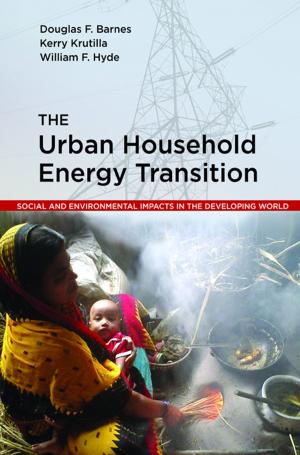Risky Pleasures?
Club Cultures and Feminine Identities
Nonfiction, Social & Cultural Studies, Social Science| Author: | Fiona Hutton | ISBN: | 9781317062615 |
| Publisher: | Taylor and Francis | Publication: | April 8, 2016 |
| Imprint: | Routledge | Language: | English |
| Author: | Fiona Hutton |
| ISBN: | 9781317062615 |
| Publisher: | Taylor and Francis |
| Publication: | April 8, 2016 |
| Imprint: | Routledge |
| Language: | English |
In this book Fiona Hutton provides a fascinating insight into women's experiences of clubbing. Based on a rich ethnographic account of the Manchester club scene, Risky Pleasures? is set within the context of the theoretical literature on youth subcultures, female friendship, consumption, risk and the city. The work highlights both the producers of club scenes - promoters, DJs, dealers - and the consumers - women negotiating pleasure and risk in club spaces and in the city at night. It explores the range of club spaces, developing a typology of 'mainstream' and 'underground' clubs, and considers how different types of participants are attracted to different 'scenes'. It examines women's recreational drug-use within a club context and discusses issues of sexuality, tolerance and the importance of 'attitude' in terms of women's feelings of safety. Revealing the important role of different spaces and different atmospheres in how women participate in club scenes, Fiona Hutton argues that drug taking and sexual pleasure are always contextualized within the environments created in different spaces, and that the risk and danger negotiated by women clubbers are counterbalanced by fun and pleasure - and ultimately empowerment.
In this book Fiona Hutton provides a fascinating insight into women's experiences of clubbing. Based on a rich ethnographic account of the Manchester club scene, Risky Pleasures? is set within the context of the theoretical literature on youth subcultures, female friendship, consumption, risk and the city. The work highlights both the producers of club scenes - promoters, DJs, dealers - and the consumers - women negotiating pleasure and risk in club spaces and in the city at night. It explores the range of club spaces, developing a typology of 'mainstream' and 'underground' clubs, and considers how different types of participants are attracted to different 'scenes'. It examines women's recreational drug-use within a club context and discusses issues of sexuality, tolerance and the importance of 'attitude' in terms of women's feelings of safety. Revealing the important role of different spaces and different atmospheres in how women participate in club scenes, Fiona Hutton argues that drug taking and sexual pleasure are always contextualized within the environments created in different spaces, and that the risk and danger negotiated by women clubbers are counterbalanced by fun and pleasure - and ultimately empowerment.















